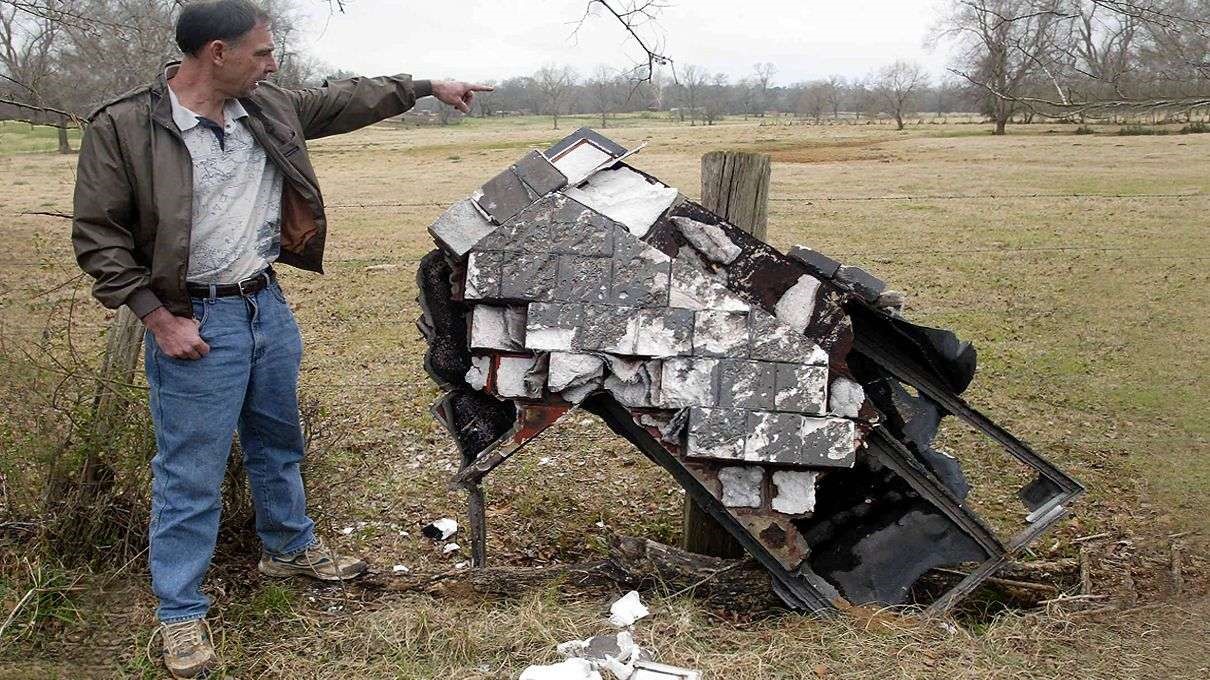Free Courses Sale ends Soon, Get It Now


Free Courses Sale ends Soon, Get It Now



Disclaimer: Copyright infringement not intended.
Context
Details
Incidents of Space Debris
Risks and Danger
International Regulations
Liability and Compensation
Past Compensation Cases
Mitigation and Prevention
Conclusion
Incidents of space debris falling back to Earth, though not uncommon, have not caused significant damage to inhabited areas. The Convention on International Liability for Damage Caused by Space Objects plays a crucial role in governing compensation for damages caused by space junk. These international regulations and liability conventions are essential in ensuring accountability and addressing potential risks posed by space debris to human populations, marine life, and the environment. Continued adherence to these conventions and increased efforts in space debris mitigation and prevention will contribute to future safe space exploration and activities.
MUST READ ARTICLES:
https://www.iasgyan.in/daily-current-affairs/space-debris-14
https://www.iasgyan.in/daily-current-affairs/space-debris-28
|
PRACTICE QUESTION Q. What is the role of international regulations, like the Convention on International Liability for Damage Caused by Space Objects, in addressing space debris incidents, and how can space debris mitigation be enhanced for safe space exploration? (250 Words) |
© 2024 iasgyan. All right reserved